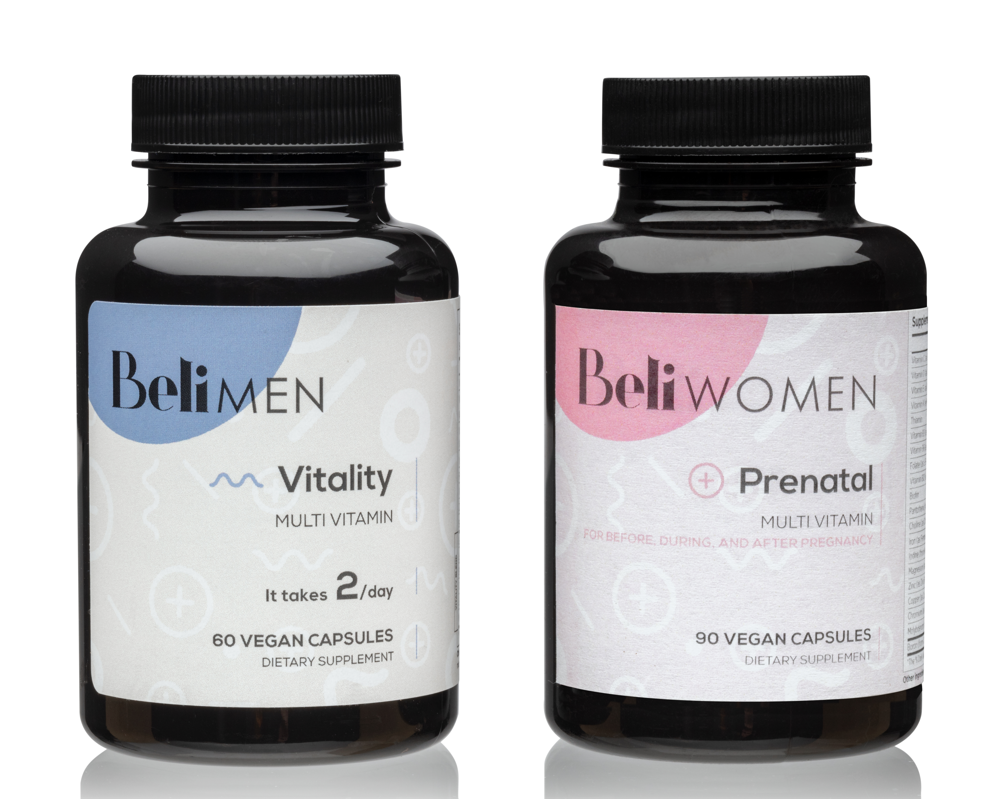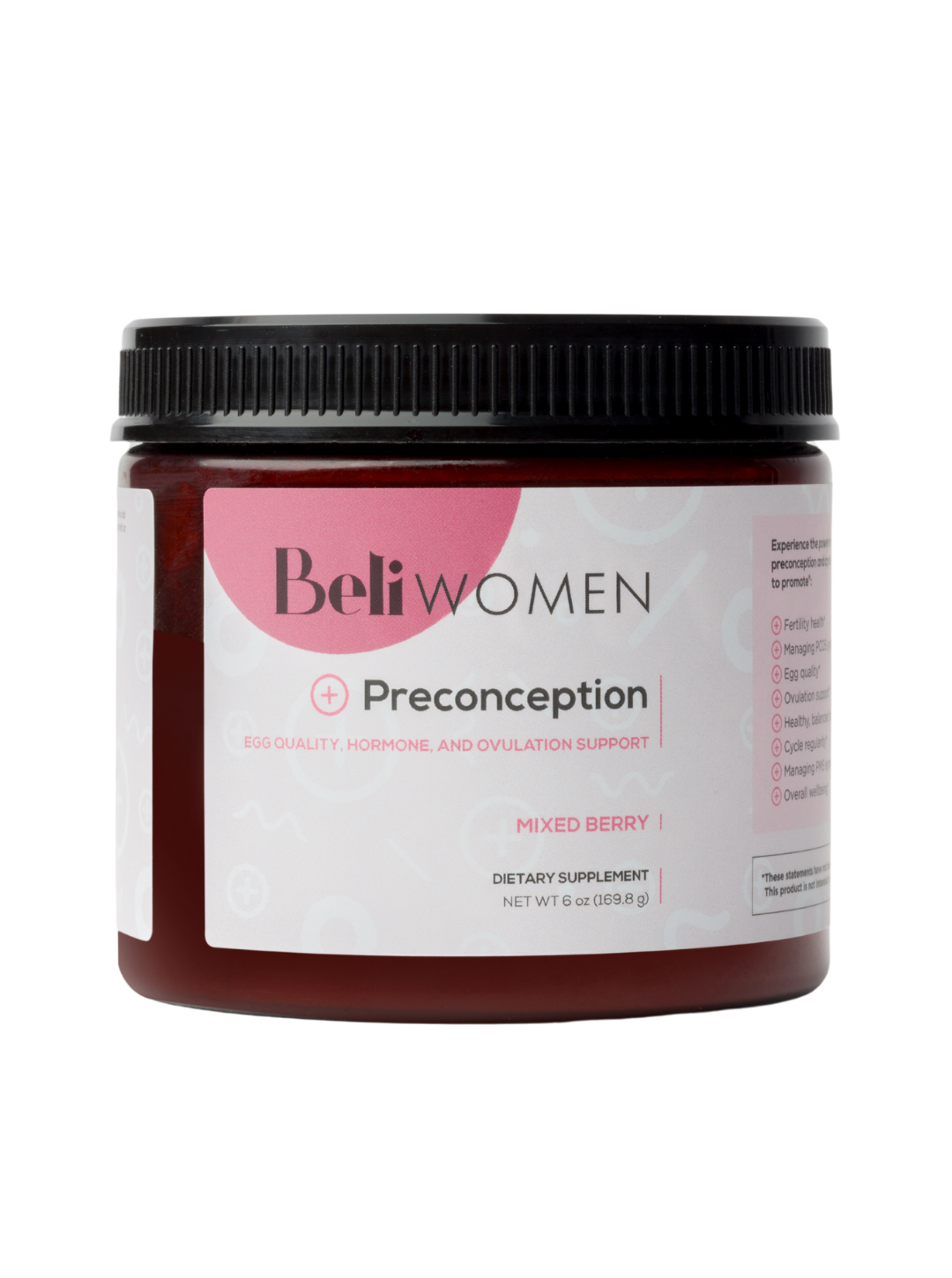Crunchy leaves, pumpkin spice everything, ugly sweater parties, cookie swaps… and prime baby-making action? Turns out, there’s more to fall and winter than cooler temperatures, way too much sugar, and maxed out credit cards. Most births in the US fall between June and early November, which means more of us are getting busy in the fall and winter.
So what’s the deal? Is it the cold weather or all the festivities driving us between the sheets? 'Tis this really the season for a baby? That ugly sweater is pretty cute, but you can chalk this up to reproductive seasonality. Here’s what that means, why it matters, and what to do to use it to your advantage.
Apparently, It’s Mating Season
The reproduction of all living organisms (really, all of them — insects, plants, reptiles, birds, mammals) is surprisingly seasonal, and it’s an evolutionary thing. Reproductive seasonality evolved in an effort to maximize success, and it correlates to the environment. Depending on where you are this time of year, you’re navigating some version of winter, spring, summer, and fall, or, along the equator, wet and dry seasons. Over thousands of years, organisms evolved strategies related to reproduction at the most opportune time of the year, and we’re no exception.
There are other interesting patterns too. Birth seasonality correlates to both local temperatures and day length, and tend to be more significant in rural areas than urban. That’s likely because folks in the country may be more susceptible to changes to environmental changes and more likely to make accommodations for things like colder temperatures or shorter days. Researchers theorize that these kinds of environmental factors could have an influence over sexual behavior and may in fact drive seasonal changes in fertility.
That means that fertility itself could be changing throughout the year. That’s the case in certain species, which only mate and conceive through very specific windows during the year. In fact, day length directly impacts both their hormones and their ability to conceive.
Fascinating, But What About People?
Turns out, we may not be so different, at least in terms of the influence of day length on our fertility. That also may handily explain why birth seasonality patterns vary from one place to another. Other factors that researchers are pinpointing? Social status and standards of living. All in all, social, environmental, and cultural factors each play a role. But things may be changing.
In the northern hemisphere, birth seasonality is on the decline and social factors are probably partly why. Between family planning and the uncomfortable truth that we’re largely disconnected from the natural environment and the seasons, seasonality is becoming less of an influence for people.
Still, it’s not gone yet, and for researchers, understanding this kind of seasonality can impact outbreaks in childhood disease. For the rest of us, it’s kind of a cool trivia tidbit. And we’ll go ahead and take this opportunity to remind you that if a baby is a goal this holiday season, ensuring your nutritional needs are both being met can be a game changer. Enter Beli for Men and Beli for Women, the first prenatal vitamin system designed for him and her. Because yes, men should be taking prenatal vitamins, and no, not all prenatals are equal.
Best to stack the deck when you can, right? Enjoy the season, and happy holidays from the team here at Beli!





